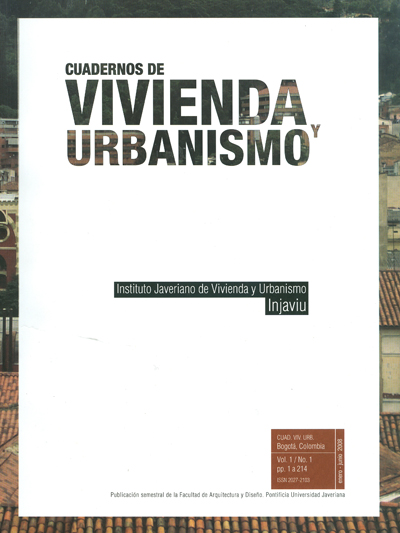Abstract
This text is the result of an investigation about the current state of poverty and social inequality in the city of Monteria. The information is presented based on the main theories that support social public policy and the Political Constitution of Colombia. At the same time, the text emphasizes the theories on human capacities proposed by Amartya Sen. The target population includes all the social class levels of the urban population of Monteria (1, 2, 3, 4, 5, and 6). A probabilistic, stratified and multistage research design was utilized for all homes with 5% variance interval. The sample size included 292 homes. The study concludes that 20.28% of the homes in the city are in absolute poverty; homes in the 1, 2, 3, and 4 social class levels have at least a 20% of the Basic Needs unmet; and 19.18% of the total homes have their desires unsatisfied.
This journal is registered under a Creative Commons Attribution 4.0 International Public License. Thus, this work may be reproduced, distributed, and publicly shared in digital format, as long as the names of the authors and Pontificia Universidad Javeriana are acknowledged. Others are allowed to quote, adapt, transform, auto-archive, republish, and create based on this material, for any purpose (even commercial ones), provided the authorship is duly acknowledged, a link to the original work is provided, and it is specified if changes have been made. Pontificia Universidad Javeriana does not hold the rights of published works and the authors are solely responsible for the contents of their works; they keep the moral, intellectual, privacy, and publicity rights.
Approving the intervention of the work (review, copy-editing, translation, layout) and the following outreach, are granted through an use license and not through an assignment of rights. This means the journal and Pontificia Universidad Javeriana cannot be held responsible for any ethical malpractice by the authors. As a consequence of the protection granted by the use license, the journal is not required to publish recantations or modify information already published, unless the errata stems from the editorial management process. Publishing contents in this journal does not generate royalties for contributors.


